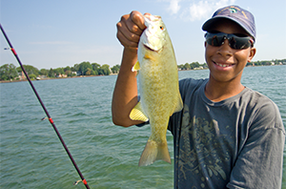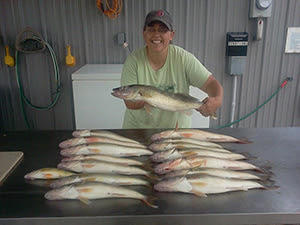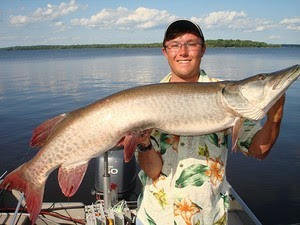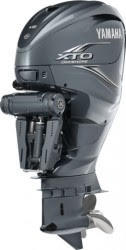Canada Seeks to Reduce Lead in Fishing Tackle
Lead is a highly toxic metal that can cause detrimental effects to the nervous and reproductive system in humans. With respect to wildlife, the ingestion of small lead fishing sinkers and jigs is a major cause of death in breeding Common Loons in Canada, often exceeding the death rate caused by trauma, disease and entanglement in fishing gear. Ingesting them can lead to blindness, muscle paralysis, reduced ability to reproduce, seizures and death.
Alternatives
There are several viable non-lead sinkers and jigs available in the Canadian market. Anglers can use sinkers and jigs made from non-poisonous materials such as tin, bismuth, antimony, steel, brass, tungsten, terpene resin putty and polypropylene. These alternatives have minimal cost compared to overall fishing expenditures. Read more









